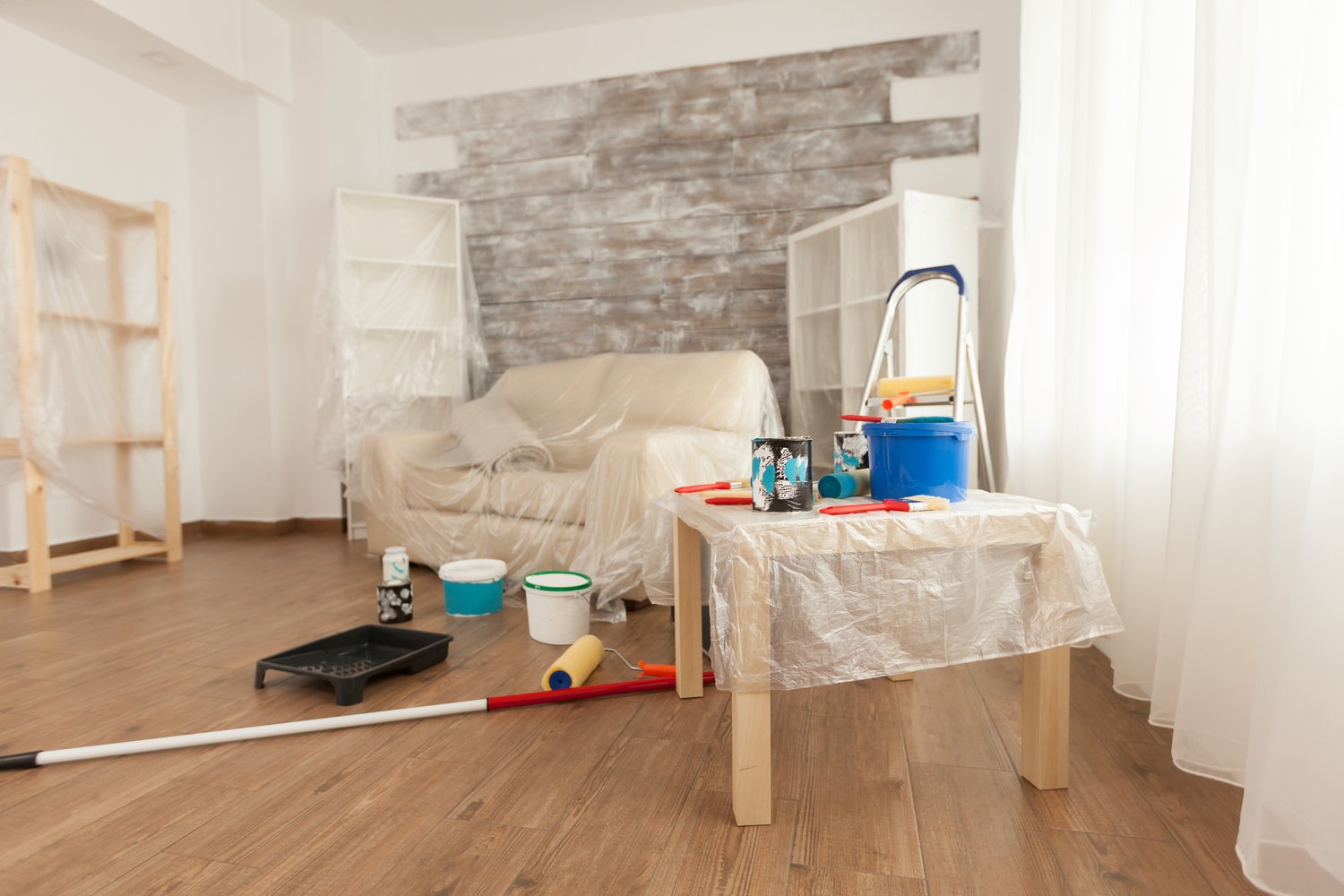Have you ever noticed how a freshly cleaned home seems to lift your spirits and clear your mind? The connection between our physical environment and mental state is more powerful than many realize. Research in environmental psychology consistently shows that a clean, organized space significantly impacts our cognitive abilities, emotional well-being, and overall productivity. This article explores the fascinating psychology of clean spaces, the measurable benefits of maintaining an organized environment, and practical ways to harness the power of cleanliness for improved mental health and focus.
The Science Behind Clean Spaces and Mental Well-being
The relationship between a tidy home and our psychological state is well-documented in scientific literature. When we exist in cluttered spaces, our brains process multiple visual stimuli simultaneously, dividing our attention and creating cognitive overload. This constant sensory competition exhausts our mental resources before we’ve even begun any meaningful work. Conversely, clean home mental health benefits are substantial—studies show that people who maintain orderly environments experience reduced stress levels, decreased cortisol production, and report higher overall life satisfaction. This isn’t merely about aesthetics; it’s about creating an external environment that allows our internal mental processes to function optimally.
Research from Princeton University Neuroscience Institute found that visual clutter competes for our attention, reducing our capacity to focus and process information effectively. By eliminating this visual noise through cleaning and organizing, we create physical spaces that support rather than hinder our cognitive functions. This explains why a tidy home productivity mood boost is so commonly reported—it’s not just psychological; there are neurological mechanisms at work.
Productivity and Focus: The Clean Desk Advantage
The focus improvement clean desk correlation is particularly evident in work environments. A study published in the Harvard Business Review found that participants working at clean, organized desks demonstrated 1.5 times longer concentration spans compared to those at cluttered workspaces. This concentration advantage translates directly into productivity gains. When our workspace is free from distractions, our brain allocates more resources to the task at hand rather than processing the chaotic visual information surrounding us.
This principle applies equally at home, especially in the era of remote work. Your home office, kitchen table, or wherever you’ve set up shop benefits from the same organizational principles that boost productivity in traditional office settings. The benefits of organized environment extend beyond just focus—they include improved decision-making capabilities, enhanced creativity, and even better sleep quality when applied to bedroom spaces. Each of these factors contributes to a positive feedback loop where productivity leads to accomplishment, which enhances mood, which further boosts productivity.
Emotional Well-being and the Tidy Home Connection
Perhaps the most immediate benefit of clean spaces is their impact on our emotional state. Walking into a tidy, organized home creates an instant sense of calm and control. This psychological effect is powerful—it signals to our brain that things are in order, that we have mastery over our environment. The psychology of clean spaces reveals that this sense of environmental control directly correlates with reduced anxiety and depression symptoms.
Furthermore, the act of cleaning itself can serve as a form of mindfulness practice. The repetitive, focused nature of cleaning tasks like sweeping, dusting, or organizing can create a meditative state that helps clear mental clutter along with physical mess. Many people report that regular cleaning routines help manage stress and provide a sense of accomplishment—a tangible expression of progress in a world where many of our achievements remain intangible or delayed.
Creating and Maintaining Your Productivity-Boosting Environment
Transforming your space into one that supports mental health and productivity doesn’t require a complete home renovation. Start with small, manageable areas that impact your daily life most significantly. For many, the benefits begin with creating a clean desk environment for work or study. Remove unnecessary items, establish organizational systems, and maintain regular cleaning routines.
For those struggling to find time for thorough cleaning in busy schedules, professional cleaning services like AskHomey can bridge the gap, providing expert assistance in creating and maintaining the tidy home productivity mood boost you’re seeking. Their professional cleaners understand the psychology behind clean spaces and can help establish environments conducive to your best mental and emotional state.
Sustaining the Benefits Long-term
The key to maximizing the clean home mental health connection lies in consistency. Rather than approaching cleaning as an occasional marathon event, integrate smaller maintenance tasks into your daily routine. This creates a sustainable system where your environment consistently supports rather than hinders your psychological well-being.
Remember that perfection isn’t the goal—functionality is. An organized environment doesn’t mean a sterile or impersonal one. The most psychologically beneficial spaces balance cleanliness with comfort, order with personality. Find the level of organization that works best for your mind and lifestyle, recognizing that the benefits of organized environment are most powerful when the system feels natural and maintainable for you.
For more tips and to connect with reliable home service professionals, follow AskHomey on Facebook and Instagram.



